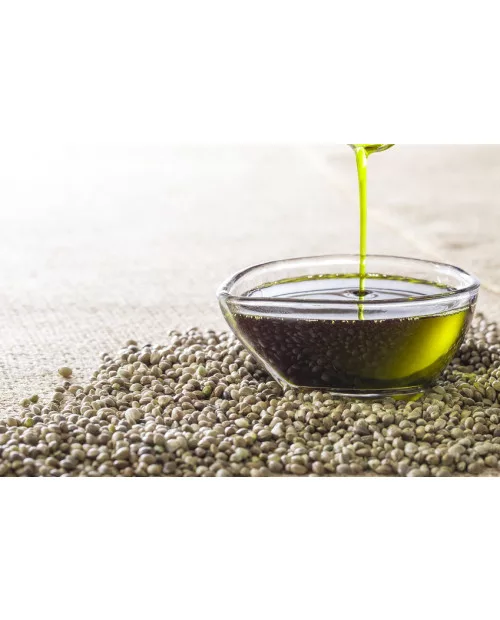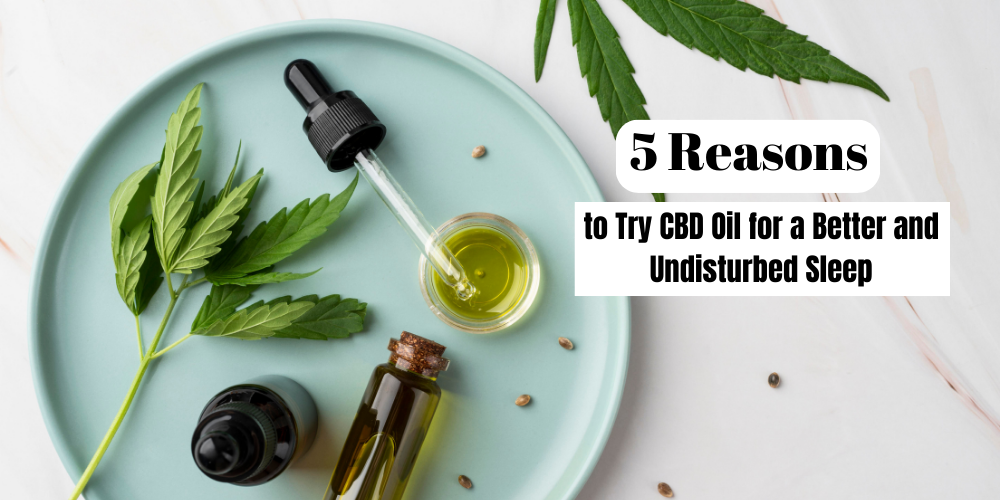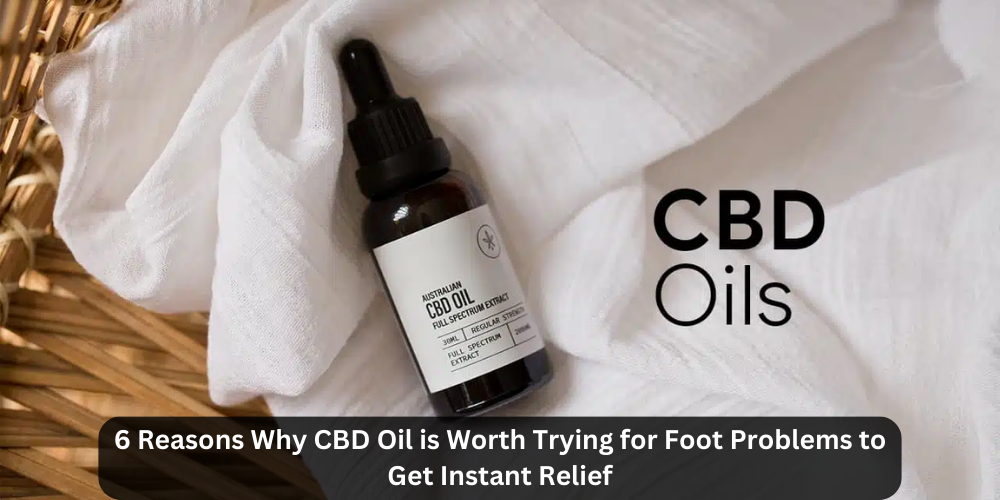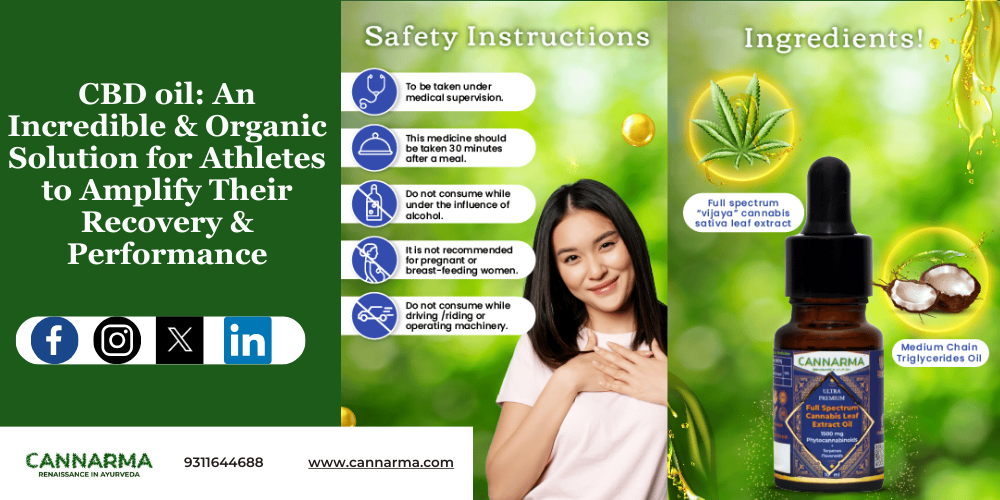Q.1 How is Hemp Seed Oil made?
Hemp seed oil is made using the seeds of the hemp plant. The oil is produced by cold-pressing the seeds to extract the oil. It can also be extracted using solvents, but this method is typically used for large-scale production and can leave trace amounts of solvent in the final product.
Q.2 Can Hemp Seed Oil be applied on our skin?
Hemp seed oil is commonly used as a moisturizing oil and is believed to have anti-inflammatory and anti-aging properties. It can be applied directly to the skin or added to skincare products such as creams, lotions and serums.
Q.3 Is it safe for kids?
Hemp seed oil is a natural, plant-based oil that is unlikely to cause any adverse reactions when applied to the skin. That being said, it is always a good idea to consult with a healthcare provider before using hemp seed oil on a child, especially if the child has sensitive skin or a pre-existing medical condition.
Q.4 Is this the same as CBD Oil?
No, hemp seed oil and CBD oil are not the same thing. Hemp seed oil is made by pressing the seeds of the hemp plant and is known for its nutritional value and potential health benefits.
Unlike hemp seed oil, CBD oil may contain trace amounts of THC (tetrahydrocannabinol), the psychoactive compound found in the hemp plant. CBD oil, on the other hand, is made by extracting CBD (cannabidiol) from the flowers, leaves, and stalks of the hemp plants.
Q.5 Is Hemp Seed Oil cold pressed?
Yes, Hemp seed oil is often cold-pressed. Cold-pressing is a method of extracting oil from seeds and nuts that involves pressing the oil out of the source material at a temperature that is below 120°F (49°C). This method of extraction is believed to help preserve the nutritional value and quality of the oil, as it does not involve the use of heat or solvents.
Q.6 Can it be applied on hair?
Yes, hemp seed oil can be applied to the hair. It is believed to have a number of benefits for the hair and scalp, including helping to moisturize and nourish the hair, reducing frizz and flyaway, and promoting hair growth. Hemp seed oil is also thought to have anti-inflammatory properties, which may help to soothe a dry or itchy scalp.
Q.7 Does it clog your skin’s pores?
No, hemp seed oil is not known to clog pores. In fact, it is often used to help unclog pores and balance oily skin. Hemp seed oil is non-comedogenic, which means that it is unlikely to clog pores or cause breakouts. This is because it has a low molecular weight and is able to penetrate the skin without blocking pores.
Q.8 Can you cook with Hemp Seed Oil?
Yes, Hemp oil can be used for cooking. It has a nutty flavor and is rich in omega-3 and omega-6 fatty acids. Hemp seed oil is also a good source of vitamin E, which is an antioxidant that may help to protect the body’s cells from damage caused by free radicals.
Q.9 Is it safe for pregnant women?
There is limited research on the safety of using hemp seed oil during pregnancy. As with any product, it is always a good idea to talk to a healthcare provider before using hemp seed oil.
Q.10 What is the omega content in Hemp Seed Oil?
Hemp seed oil is a good source of omega-3 and omega-6 fatty acids. These are essential fatty acids that the body needs for optimal health but cannot produce on its own, so they must be obtained from the diet.
Q.11 Can Hemp Seed Oil cause intoxication?
No, hemp seed oil is not psychoactive and is not believed to cause intoxication. Hemp seed oil is made from the seeds of the hemp plant, which do not contain significant amounts of THC (tetrahydrocannabinol), the psychoactive compound found in the hemp plant. As a result, hemp seed oil is not capable of causing psychoactive effects or intoxication.



